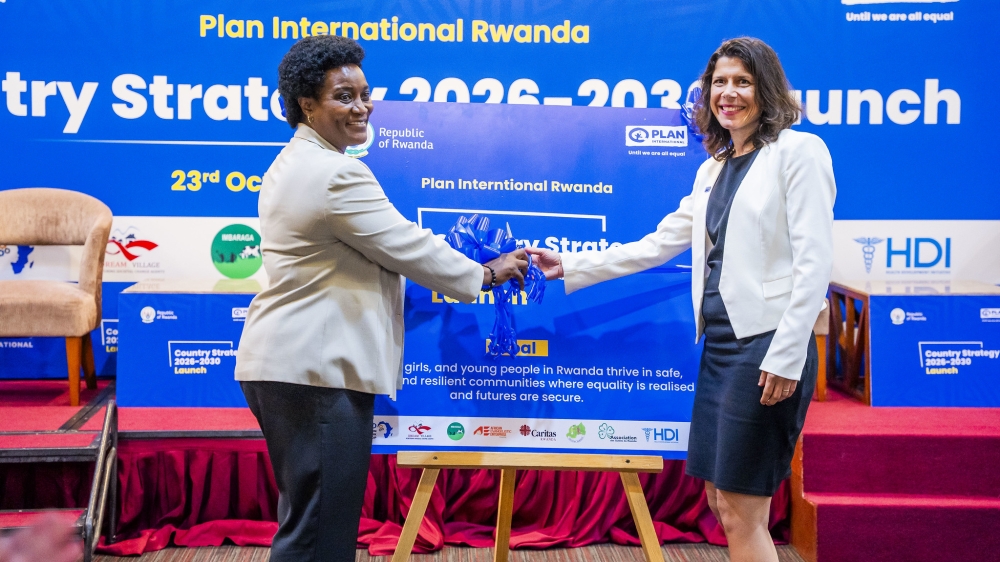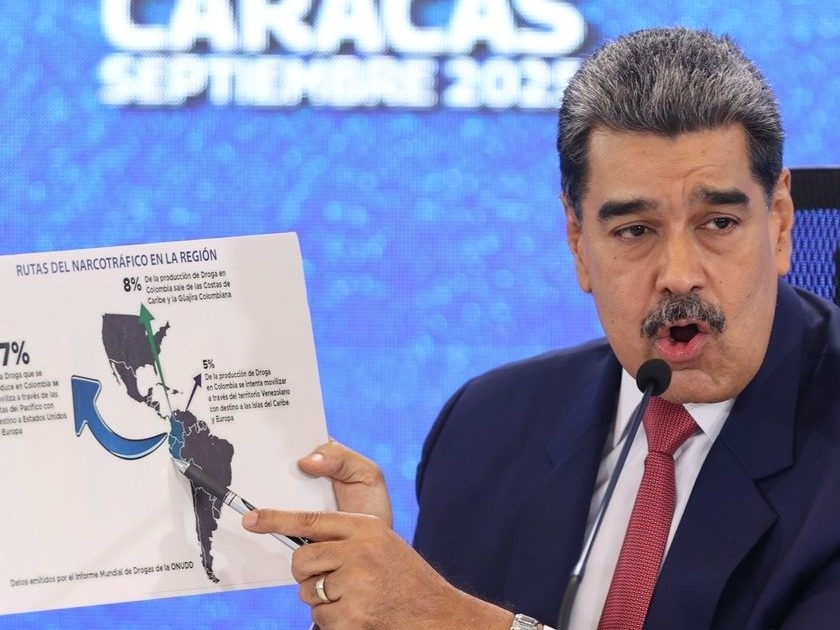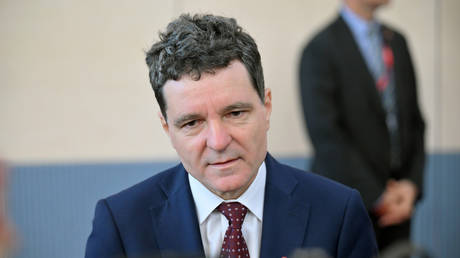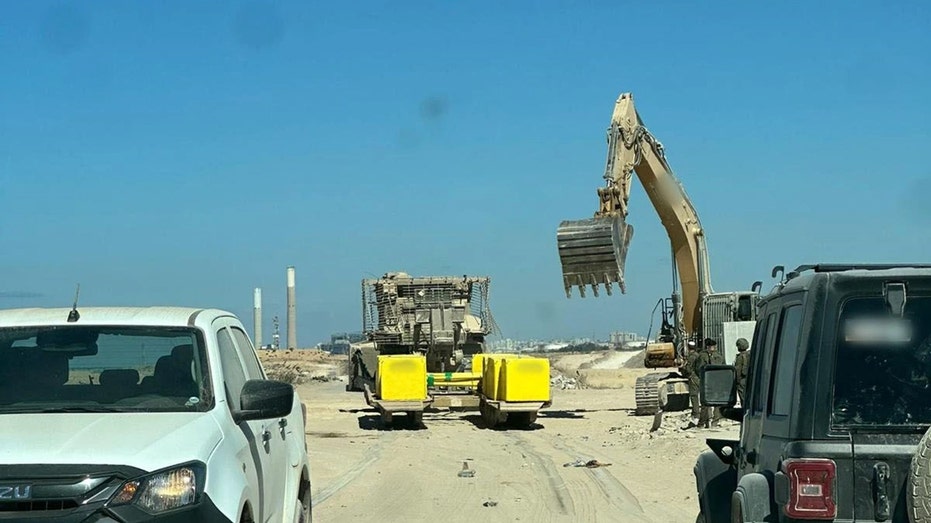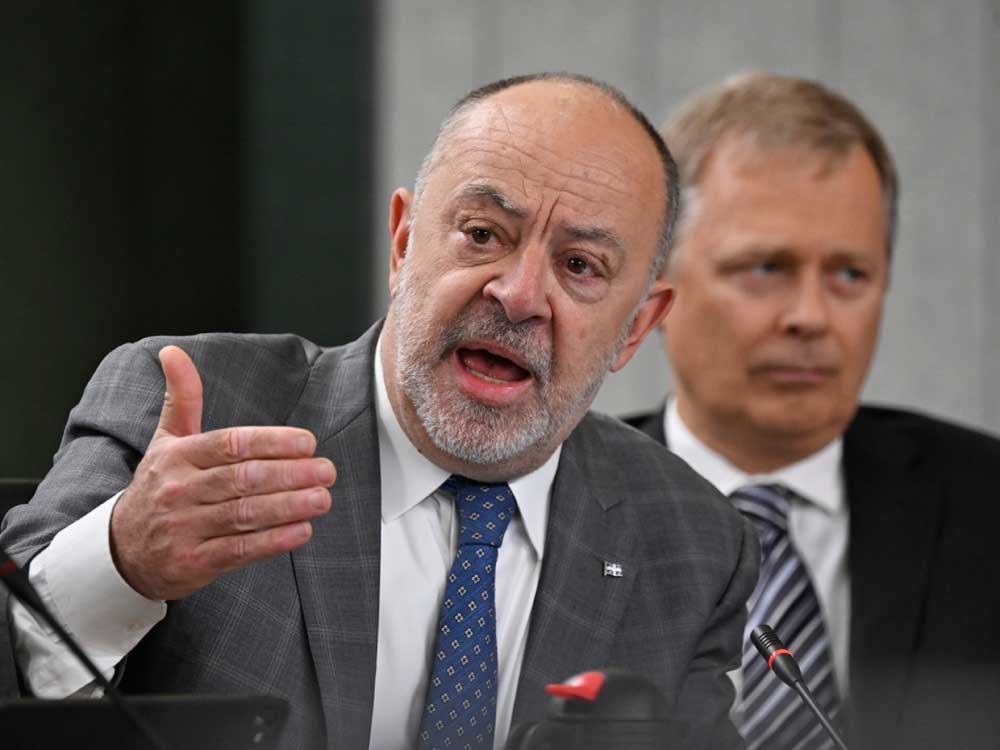Plan International Rwanda has launched its new Country Strategy for 2026–2030, marking a renewed commitment to advancing children’s rights, promoting gender equality, empowering youth, and pushing forward inclusive development through strong local partnerships.
The ambition is anchored in Plan International’s global ambition to create a just world that advances children’s rights and equality for girls. The new strategy aligns closely with Rwanda’s National Strategy for Transformation (NST2) and Vision 2050, as presented by the actors on Thursday, October 23.
ALSO READ: Plan International in new bid to skill Rwandan youths
Officials noted that Rwanda’s young population presents both opportunities and challenges, with 67 per cent of citizens under 30, according to the 2024 report by the National Institute of Statistics of Rwanda, with youth unemployment standing at 20.5 per cent.
In response, Plan International Rwanda has designed a gender-transformative, youth-centred, resilient, and locally led strategy to empower children, girls, and young people in safe and inclusive environments while delivering sustainable impact.
“The country strategy is a key document for our organisation, setting out our ambitions in Rwanda and how we will support the government in enabling children, girls and
young people to learn, lead, decide and thrive,” said Emilie Fernandes, Country Director of Plan International Rwanda.
ALSO READ: Plan International Rwanda launches campaign to enrol school dropouts
Strategic goal and focus
The overall goal of the 2026–2030 Country Strategy is to ensure that children, girls, and young people in Rwanda thrive in safe, inclusive, and resilient communities where equality is realised, and futures are secure.
To achieve this plan, Fernandes said that International Rwanda will implement two integrated core programmes - Skills, Employability, Wellness, and Resilience for Youth and Families – focusing on youth employment, entrepreneurship, livelihoods, resilience, and sexual and reproductive health and rights (SRHR) and Foundations for Safe and Brighter Futures – dedicated to child protection, early childhood development (ECD), positive parenting, and community-based care systems.
“These will be underpinned by five cross-cutting themes - gender equality and inclusion, feminist leadership and youth engagement; climate resilience with digital innovation; advocacy and influencing and partnerships,” she explained.
Reaching more lives through local partnerships
Over the next five years, Plan International Rwanda aims to reach 1.2 million people, including 750,000 females and 450 males across Bugesera, Gatsibo, and Nyaruguru districts and through humanitarian operations in refugee camps such as Mugombwa, Kigeme, Kiziba, Nyabiheke, Mahama, and Nkamira Transit Centre, as well as Nyarushishi and Kijote Reception Centres.
The organisation will also expand operations to 10 additional districts — Huye, Karongi, Kicukiro, Nyarugenge, Kirehe, Ngoma, Rulindo, Rusizi, Rwamagana, and Nyaruguru — through a partner-led approach.
Officials noted that the new strategy will be implemented in collaboration with eight local organisations including Dream Village Organisation, Imbaraga, Caritas Rwanda, Bamporeze, Association des Guides du Rwanda (AGR), Health Development Initiative (HDI), Learn Work Develop (LWD), and African Evangelistic Enterprise (AEE).
“To all partners here today, this strategy belongs to all of us. The journey towards equality for girls and the realisation of children’s rights cannot be walked alone. It demands collective effort, humility, and shared purpose,” said Fernandes.
Consolee Uwimana, Minister of Gender and Family Promotion (MIGEPROF), commended the organisation's commitment to channel 70 per cent of programme funding to local partners, including women, youth and disability-led organisations.
“I commend the support for local partners, as local ownership and sustainability are what Rwanda deeply values aligning to its journey,” she said.
“Your focus on social and behaviour exchange communication, youth leadership and digital innovation is also well aligned with the Rwanda vision. These are powerful tools for changing the mindset, empowering young people and strengthening the resilience of families and communities,” she added.
Uwimana noted that by supporting both girls and boys to stay in school not only reduces teenage pregnancies and youth unemployment but also nurtures a generation of parents who can make better and healthier choices for their children.
“I encourage Plan International and all its partners to keep working closely with the government of Rwanda to review and adapt the implementation of this new strategy regularly,” she said.
Reflecting on previous strategy achievements
Under its outgoing 2020–2025 Country Strategy, Plan International Rwanda reached over 770,000 people, including approximately 467,000 girls and young women, making commendable impact across communities.
Prudencienne Kamabonwa, Executive Director of the Association des Guides du Rwanda (AGR), said that over the past five years, the association has empowered girls, particularly in helping them avoid early pregnancies in Gatsibo and Nyaruguru districts through girls’ groups.
These initiatives, Kamabonwa said, have yielded commendable results, including strengthened self-advocacy and increased engagement with local authorities to take action.
“We're ready to walk with them again. We want to get closer to young girls and their communities as well. We expect more collaboration and the creation of safe spaces for solutions that will come from them,” she said.
Christine, 26, an agripreneur from Bugesera District, was trained through The Future is Green Project on climate-friendly farming for six months in 2022. She immediately applied the skills she gained, starting with a quarter-hectare plot where she cultivated vegetables and other crops. Over time, she was able to buy her own two-hectare piece of land using Rwf2 million from her savings and bank loans.
“I've started involving my fellow youth in collaboration. We are now more than 30 members. We work together, save together, with over Rwf400,000 in savings and share profits from our joint farming activities. We can actually do it. Nothing is hard,” she said.
“This strategy gives young people a platform to shape their futures. It’s about trust, trusting youth to lead, innovate, and create solutions to the challenges we face,” added Ange Umutoni, member of Plan International Rwanda’s Youth Advisory Panel.
